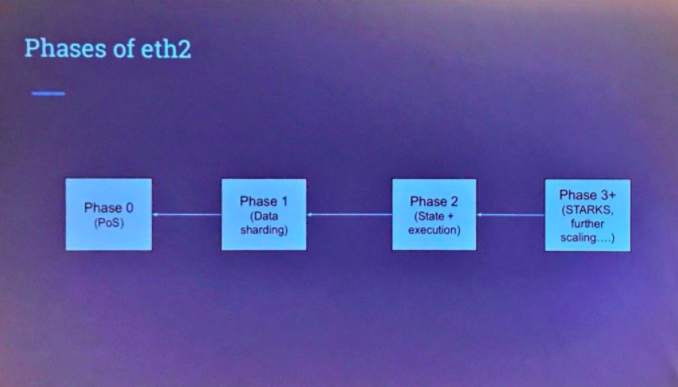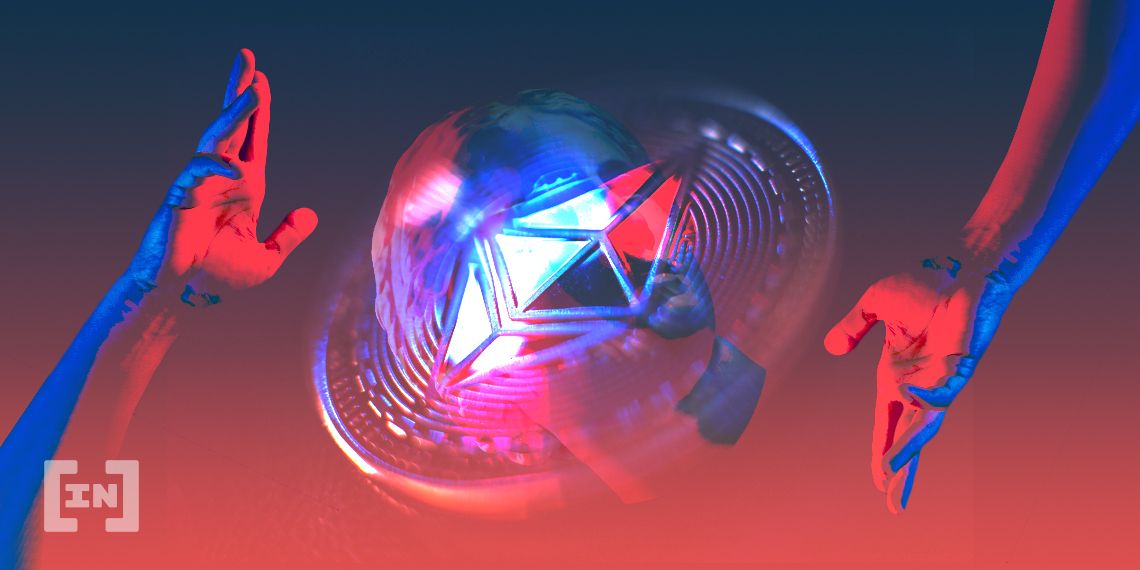On Wednesday, Danny Ryan, a lead developer of the Ethereum Foundation, published the official proposal EIP-2982, foreshadowing the launch of Ethereum 2.0.
Ethereum Improvement Proposal (EIP) for Serenity Phase Zero (eth2), a major upgrade of the Ethereum PoW to PoS consensus mechanism with sharding support,
read the proposal. If approved, this paves the way for the launch of Serenity “phase zero.” Within this framework, the Beacon Chain will be activated, which will use Proof-of-Stake.
While Beacon Chain begins with a consensus mechanism shift to proof-of-stake, phase one will also introduce much-needed scalability solutions such as sharding (side-chains). According to Ethereum 2.0 specs, Beacon Chain will support 1,024 shard chains, each of which will be validated by a group of 128 nodes.

Lately, much of the crypto space’s attention has been focused on white-hot DeFi projects while work on Ethereum 2.0 and the long-awaited transition to Proof-of-Stake churns along, somewhat under the radar.
Among the purported benefits of this transition are a reduction in energy usage, increased scalability, and the assorted perks of staking. I.e., increased value due to a locked-in circulating supply, greater rewards for hodlers, etc.
On August 4, the fifth and final Ethereum 2.0 testnet called Medalla was launched. And despite a few bumps along the road, Prysmatic Labs developer Raoul Jordan expressed confidence that Ethereum 2.0 will be ready to launch by the end of this year.
Earlier this month, Ethereum co-founder Vitalik Buterin suggested that upgrading the network to the second version would also solve the problem of high transaction fees. Some DeFi experts, however, beg to differ.
First of all, why is the gasprice currently 465 gwei? Why isn't it 1000 gwei, or 100 gwei?
The reason is: 465 gwei happens to be the current level at which demand (the number of transactions people are willing to send) equals supply (12.5 million gas of tx space in each block).
— vitalik.eth (@VitalikButerin) September 2, 2020
Regardless of such disagreements, the news was largely greeted with excitement. Eth Boston organizer Justin Leroux responded by tweeting, “get those validators ready everyone, we’re close.”
